Cameroon
Thousands of demonstrators in several Cameroon English-speaking towns marched through the streets on Friday in protest against the continuous detention of some of the inhabitants of the regions and independence from French Cameroon.
The demonstrations in the North-West and South-West Regions come at the time when President Paul Biya was addressing the United Nations General Assembly in New York.
Mothers and grandmothers leading a protest march in Fontem, SW Region.#Bamenda #Buea #Cameroon pic.twitter.com/JcJGnpEIAC
— Albert Nchinda (@AlbertNchinda) September 22, 2017
The demonstrations started in Bamenda in the North-West Region on Friday morning despite a ban on movement of persons imposed on Thursday night by the region’s Governor Adolphe Lele Lafrique following a bomb attack on Thursday that injured three police officers..
Local media reports say security forces were stationed at vantage points in the town and the protesters peacefully waved banners with inscriptions calling for the release of their compatriots and independence.
The demonstration spread to Buea in the South-West Region where women led the march with hundreds behind them carrying leaves, tree branches and flags of the Cameroon separatist movement.
Huge protest in southern Cameroon. #fight4freedom, #RestorationNow.
— geraldine bih (babygera) September 22, 2017UNHumanRights, BBCAfricacnnpic.twitter.com/sIHz58IT3N
It was the same scene in the towns of Fontem, Bafia, Kumba and Mamfe among others in the same region who are also demanding to be independent from French Cameroon.
LeahHardingAJE
Still in the English part of Cameroon today 22/09/2017, massive protest continue in all villages, watch pic.twitter.com/LRUVJ0NNjl— lilnangcy (@lilnangcy24) September 22, 2017
Paul Biya’s speech ended without the mention of the Anglophone crisis in the country. This infuriated some protesters who spoke to the media.
Dozens of people from the regions were arrested late last year after the mass protests in the regions against marginalization.
Anglophone teachers, lawyers and students were beaten and intimidated by the security forces during peaceful protests against the imposition of the French language on their schools and courts.
Anglophone journalists also condemned a government order banning all radio and television discussions on the political situation in the region.
President Biya subsequently signed a decree establishing the National Commission of Bilingualism and Multiculturalism to solve the matter.
Rights groups have raised concerns about increasing repression under the 35-year-old rule of President Biya.
In August, the president signed a decree releasing Anglophone leaders detained for months over last year’s protests.
Several others are still behind bars including journalists who are facing terrorism charges.
Massive protest ongoing in Anglophone Cameroon regions . The people are demanding their independence
— Matondo (PrinceW64311100) September 22, 2017UNHumanRightsBBCWorldAJEnglishpic.twitter.com/6ylSekAKUN



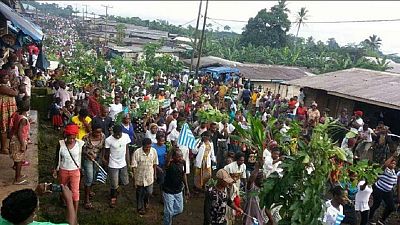

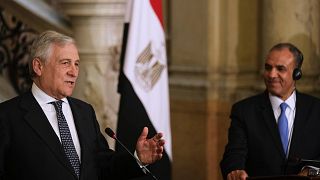

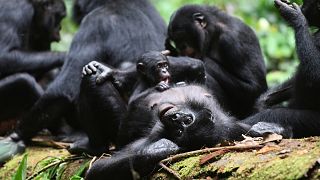
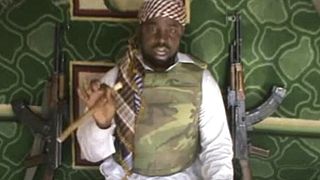

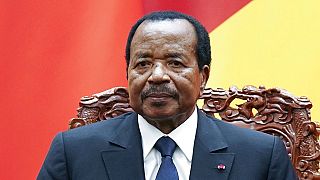


00:49
Teachers strike shuts down schools across Cameroon
Go to video
Haitians demand protection from surging gang violence
Go to video
Zimbabwe charges dozens for taking part in protests against President
Go to video
Zimbabweans stay at home amid fears demonstrations could turn violent
Go to video
The Okwelians: Unlocking New Economic Paths for Cameroon [Business Africa]
01:22
Protesters clash with police in Istanbul over mayor’s arrest